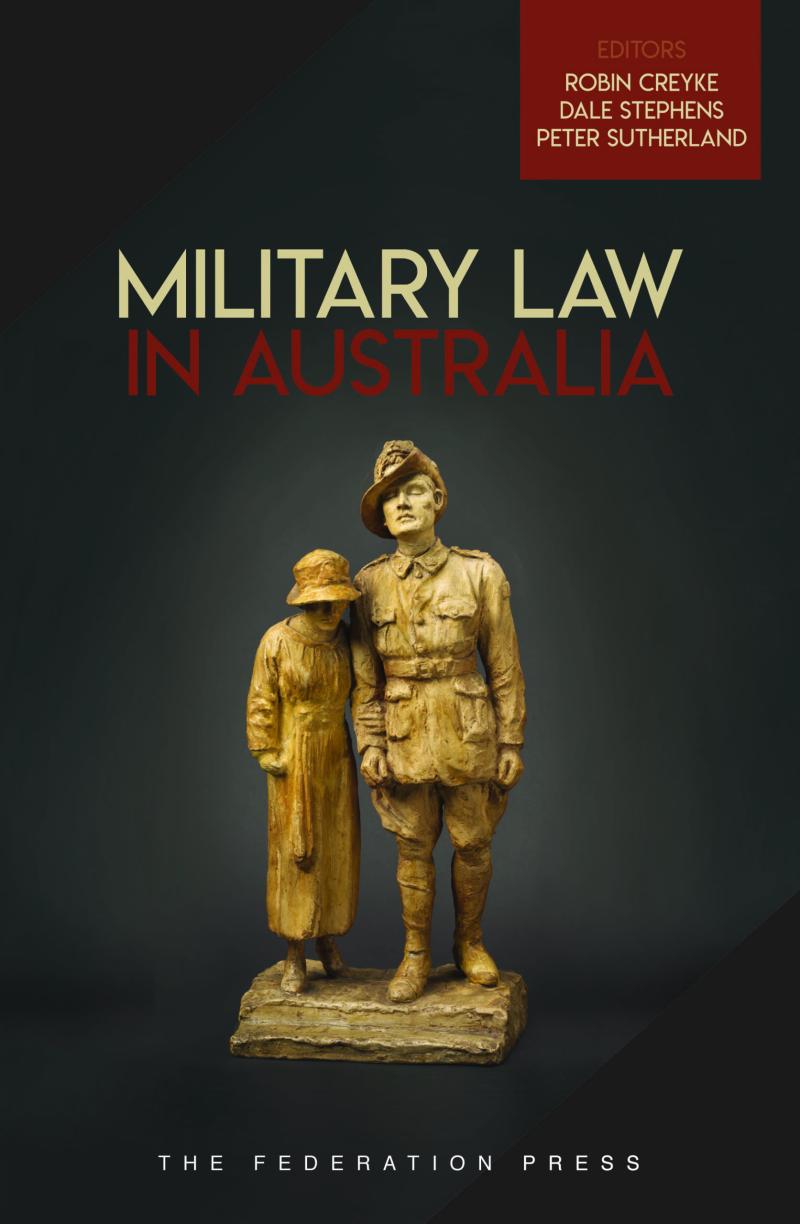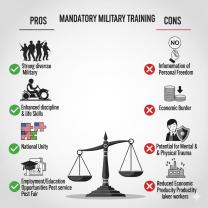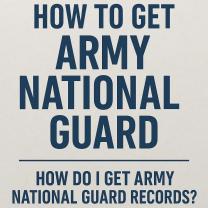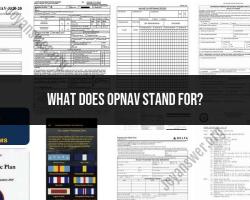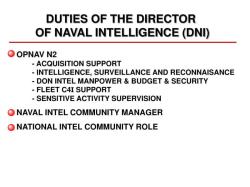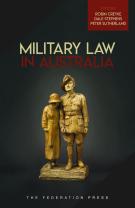What is Army law?
Army law refers to the legal framework and regulations that govern the behavior, conduct, and operations of military personnel within the United States Army. It encompasses a comprehensive set of rules, statutes, and regulations that are unique to the military context. The legal system within the U.S. Army serves to maintain discipline, ensure order, and uphold the principles of military justice. Key components of Army law include:
Uniform Code of Military Justice (UCMJ):
- The UCMJ is the primary legal code that governs the conduct of all members of the U.S. military, including the Army. Enacted by Congress, the UCMJ establishes criminal offenses, procedures for military trials, and the rights and responsibilities of military personnel.
Manual for Courts-Martial (MCM):
- The MCM is a comprehensive document that provides guidance on the administration of military justice. It includes rules of evidence, procedures for military courts, and descriptions of offenses under the UCMJ.
Army Regulations (AR):
- Army Regulations are administrative publications that detail policies, procedures, and standards for various aspects of Army operations. They cover a wide range of topics, including training, personnel management, equipment, and legal matters. Each regulation is identified by its "AR" number.
Field Manuals (FM):
- Field Manuals provide operational guidance and procedures for Army units. While they primarily focus on tactics and operations, some FMs also include legal considerations relevant to military activities.
Judge Advocate General's Corps (JAG Corps):
- The JAG Corps is the legal branch of the U.S. Army responsible for providing legal services to the Army, including legal advice, assistance, and representation in military justice matters. Judge Advocates (JAG officers) play a crucial role in ensuring compliance with Army law.
Military Police (MP) Operations:
- Military Police are responsible for enforcing Army regulations and maintaining order within military installations. They play a role in investigating criminal offenses, conducting law enforcement operations, and providing security.
Administrative Actions:
- Army law governs various administrative actions, including promotions, demotions, awards, and discharges. Legal considerations are taken into account in personnel management decisions.
Rules of Engagement (ROE):
- Rules of Engagement establish the circumstances and limitations under which military force may be used. They ensure compliance with international law and dictate the actions soldiers may take in specific situations.
Military Justice System:
- The military justice system involves the investigation, prosecution, and adjudication of offenses under the UCMJ. It includes military courts, trial procedures, and legal professionals involved in the process.
International Law and Laws of Armed Conflict:
- Army law also incorporates principles of international law, including the Laws of Armed Conflict (LOAC). Soldiers are trained to adhere to these laws to ensure ethical and lawful conduct during military operations.
Army law is designed to maintain discipline, promote good order, and uphold the values and principles of the U.S. military. It provides a legal framework for military operations and the conduct of Army personnel, both in peacetime and during times of conflict. Compliance with Army law is essential for the effective functioning of the military and the protection of individual rights within the military justice system.
What does the term "Army law" encompass or refer to?
The term "Army law" can have several meanings depending on the context. Here are some of the most common interpretations:
1. Military law within the U.S. Army: This refers to the legal system that governs the conduct of soldiers and civilians within the U.S. Army. It covers a wide range of topics, including:
- The Uniform Code of Military Justice (UCMJ): This is the set of laws that define criminal offenses and punishments for members of the armed forces.
- Military administrative law: This governs non-criminal matters such as personnel issues, contracts, and procurement.
- Operational law: This provides guidance on legal issues arising from military operations, such as rules of engagement and detainee treatment.
- International law: This governs the conduct of the armed forces during armed conflict and other situations involving international actors.
2. Specific laws and regulations applicable to the U.S. Army: These include:
- The National Defense Authorization Act (NDAA): This annual law sets the budget and priorities for the entire Department of Defense, including the U.S. Army.
- Army regulations: These are internal rules and procedures issued by the Department of the Army to govern the conduct of soldiers and civilians within the Army.
- Executive orders: These are directives issued by the President that may have implications for the Army.
3. Broader legal principles and practices related to the U.S. armed forces: This can include topics such as:
- Military justice reform: Ongoing efforts to modernize and improve the UCMJ and other aspects of military law.
- Civil-military relations: The relationship between the military and civilian society.
- The law of war: Rules governing the conduct of armed conflict.
Therefore, the specific meaning of "Army law" depends on the context in which it is used. If you encounter this term, it's helpful to consider the surrounding information or ask for clarification to understand its intended meaning.
I hope this helps!
